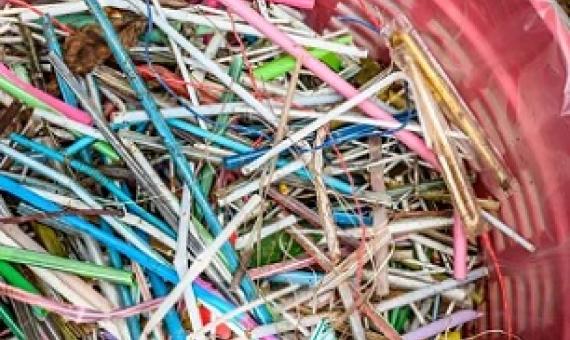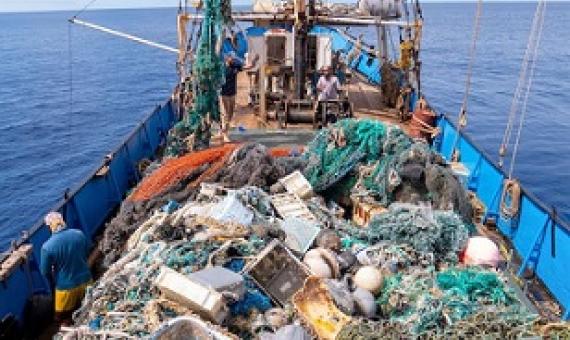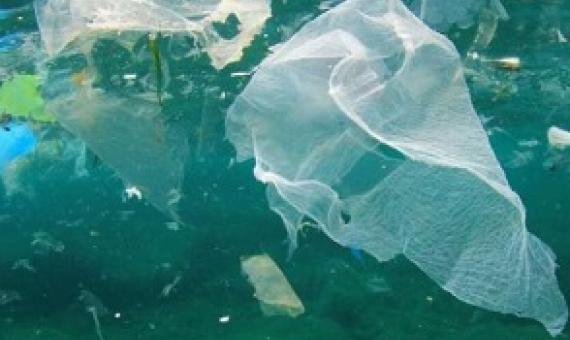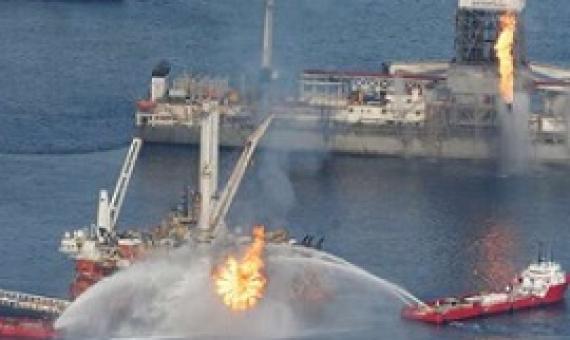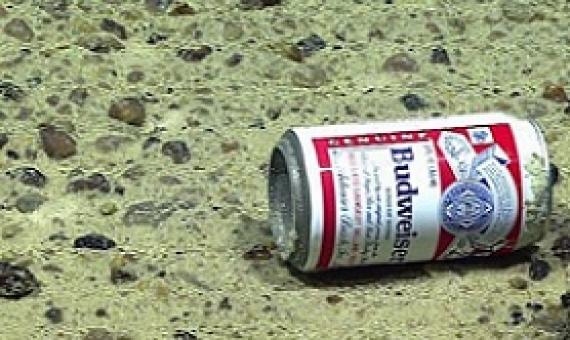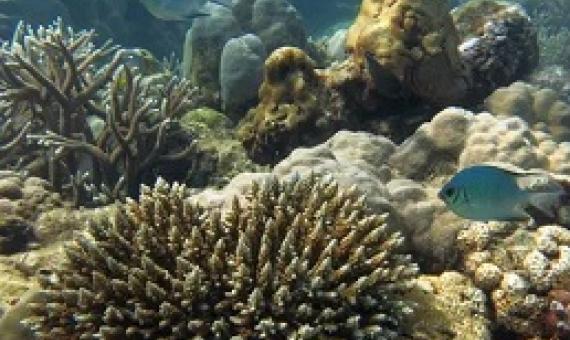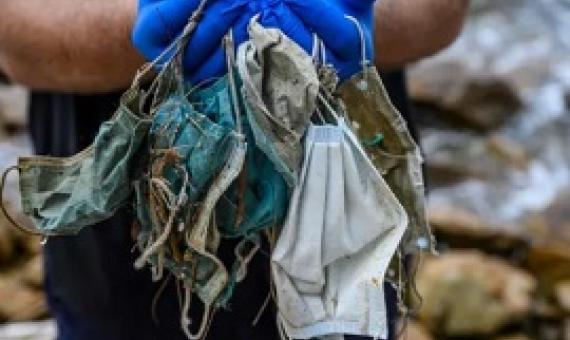The Queensland government will move to ban plastic straws, cutlery, stirrers and plates in a bid to stem the destructive effects of plastic on marine life and waterways.
Over the course of 48 days, an expedition to the Great Pacific Garbage Patch managed to haul an astonishing 103 tons of plastic from the ocean. The mission was run by Ocean Voyages Institute, a non-profit founded in 1979 to help preserve the world’s oceans.
Suva has become one of the main hot spots for marine pollution in terms of the amount of microplastic in our waters, and researchers have now found high levels of microplastic in seafood from these areas.
In response to a directive from Congress, the Department of Energy released a report this week assessing the risks of a 50-year-old cracking and crumbling concrete nuclear waste repository in the Marshall Islands, but the findings did little to ease the concerns of Marshallese leaders in the Cent
New research from NUI Galway and the University of Limerick has for the first time quantified the volume of plastic from European countries (EU, UK, Switzerland and Norway) that contributes to ocean littering from exported recycling.
Ten years ago, the Deepwater Horizon accident in the Gulf of Mexico killed eleven men and resulted in the largest accidental oil spill in history. Years of investigations concluded that the drilling crew missed critical warning signals that would have stopped the problem.
Scientists have found that man-made mercury pollution has reached the bottom of the deepest part of the ocean—the Marianas Trench. This has significant implications for how mercury affects the marine environment, and how it may be concentrated in the food chain.
The largest ever study of waste found at the bottom of the central Pacific is showing how even the most remote and protected areas are being impacted by our rubbish...Marine biologist Dr Diva Amon, a researcher at the Museum, was exploring the Marianas area with remotely-operated vehicles (R
Commonwealth countries are to gain free access to satellite technology that will help them monitor and protect their endangered coral reefs from threats such as climate breakdown, overfishing and pollution.
Conservationists have warned that the coronavirus pandemic could spark a surge in ocean pollution – adding to a glut of plastic waste that already threatens marine life – after finding disposable masks floating like jellyfish and waterlogged latex gloves scattered across seabeds.

